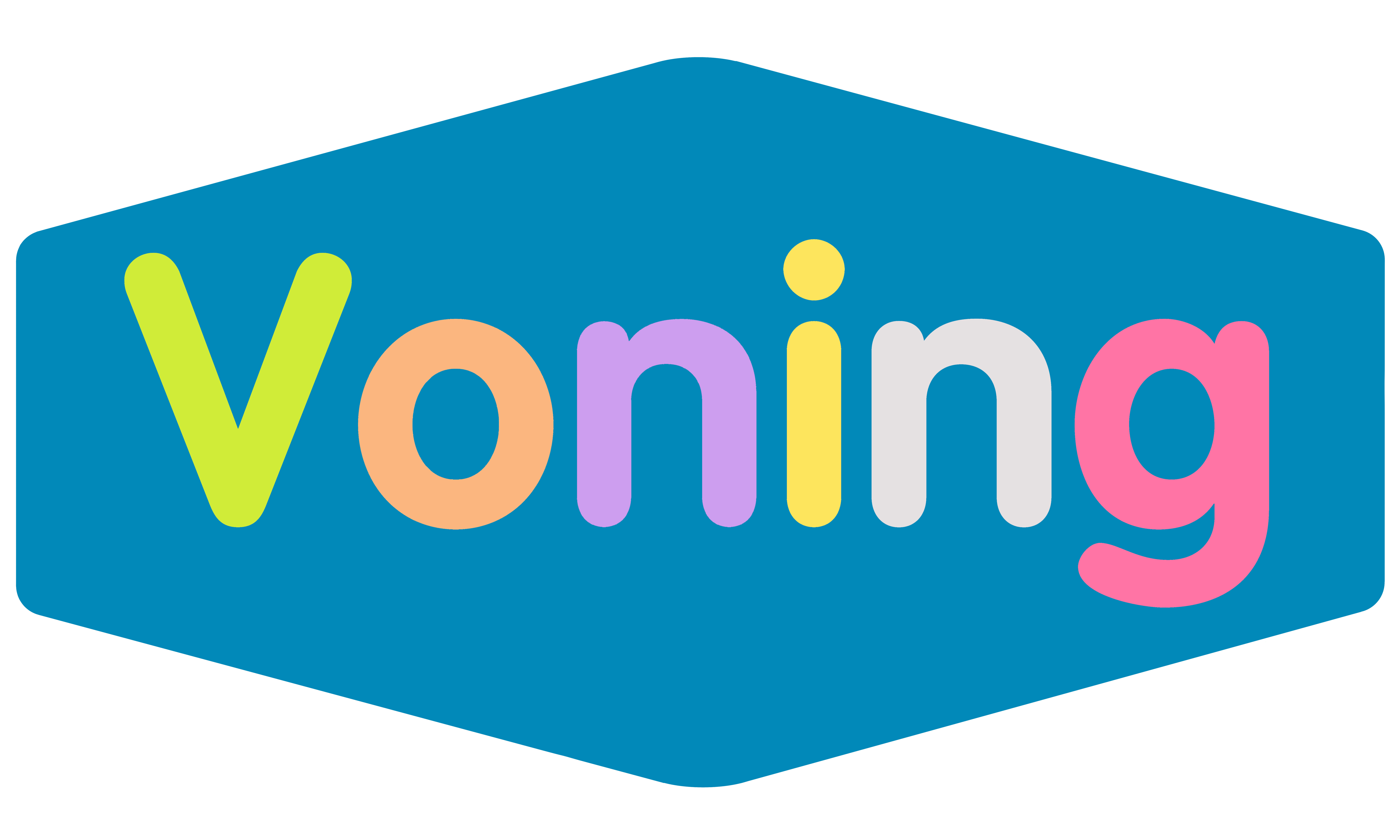
In the world of children's growth and learning, plastic educational toys play an important role. However, the significance of parents' participation in this process cannot be ignored. Parental involvement is not only crucial but also has various positive impacts on children's development.
Plastic educational toys

Firstly, when parents actively participate in their children's play with plastic educational toys, it creates a closer bond between them. Sharing the fun and exploration moments helps strengthen the emotional connection. This interaction allows children to feel loved and supported, which is essential for their healthy psychological growth.
Secondly, parents can guide and inspire children during play. They can show children how to use the toys correctly, explore different functions, and encourage creative thinking. For example, when playing with building blocks, parents can suggest different structures or patterns, expanding children's imagination and spatial awareness.
Moreover, parents can use these opportunities to teach children various skills and knowledge. Through playing with educational toys, they can introduce concepts such as colors, shapes, numbers, and letters in a fun and engaging way. This helps children learn unconsciously while enjoying the playtime.
Voning International Co., Ltd. is plastic educational toy factory. Parents can also help children develop social skills. When playing together, they can model good communication, sharing, and cooperation. This prepares children for interacting with others in a positive manner.
In addition, parents' participation allows them to better understand their children's interests and abilities. This knowledge helps them choose more suitable toys and activities in the future, tailoring the learning experience to the individual child.
To effectively participate, parents can take several approaches. They can set aside dedicated time to play with their children regularly. During this time, they should focus entirely on the interaction and not be distracted by other things. They can ask open-ended questions to stimulate children's thinking and conversation. Encourage children to express their ideas and feelings freely.
Parents can also join in the pretend play scenarios that the toys might inspire. Act out different roles and stories with the children, enhancing their creativity and language skills. Provide positive feedback and praise to boost children's confidence and motivation.
